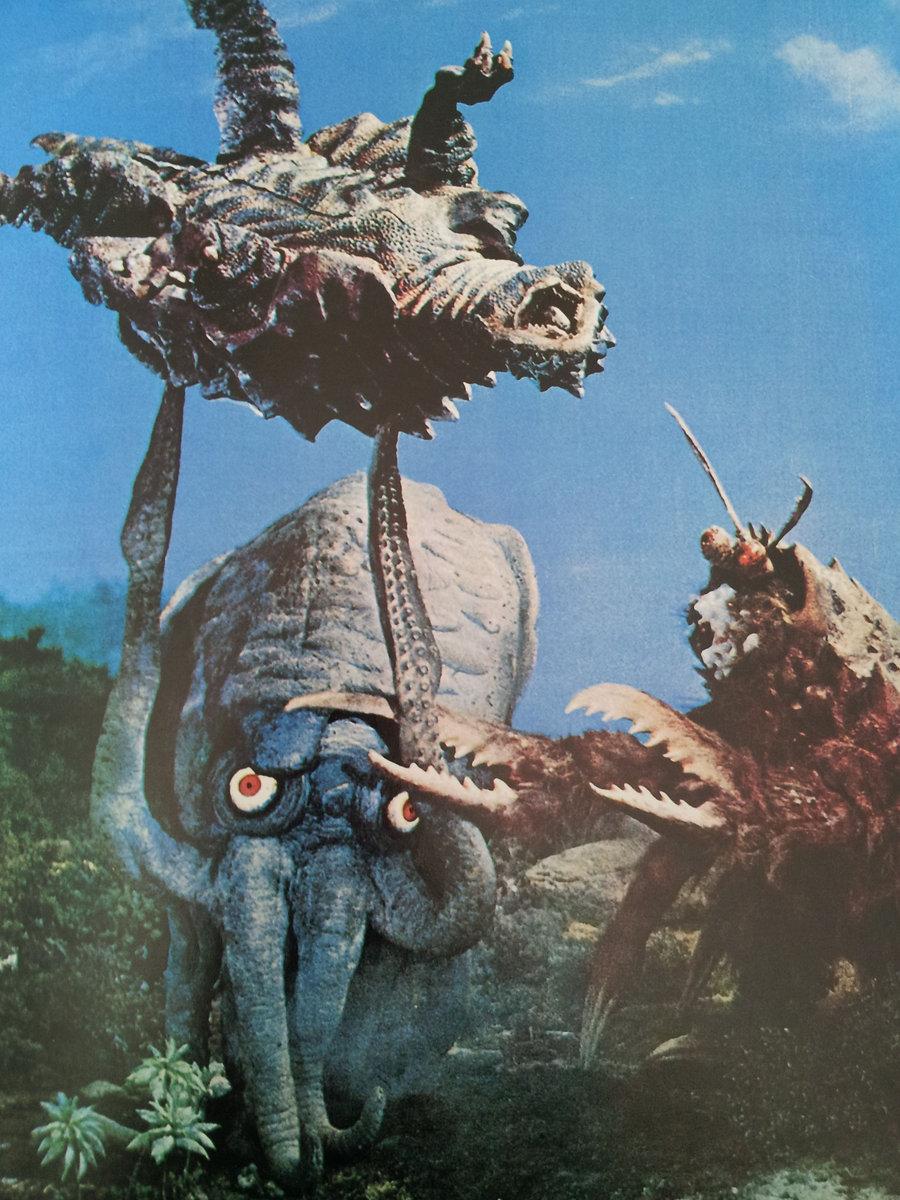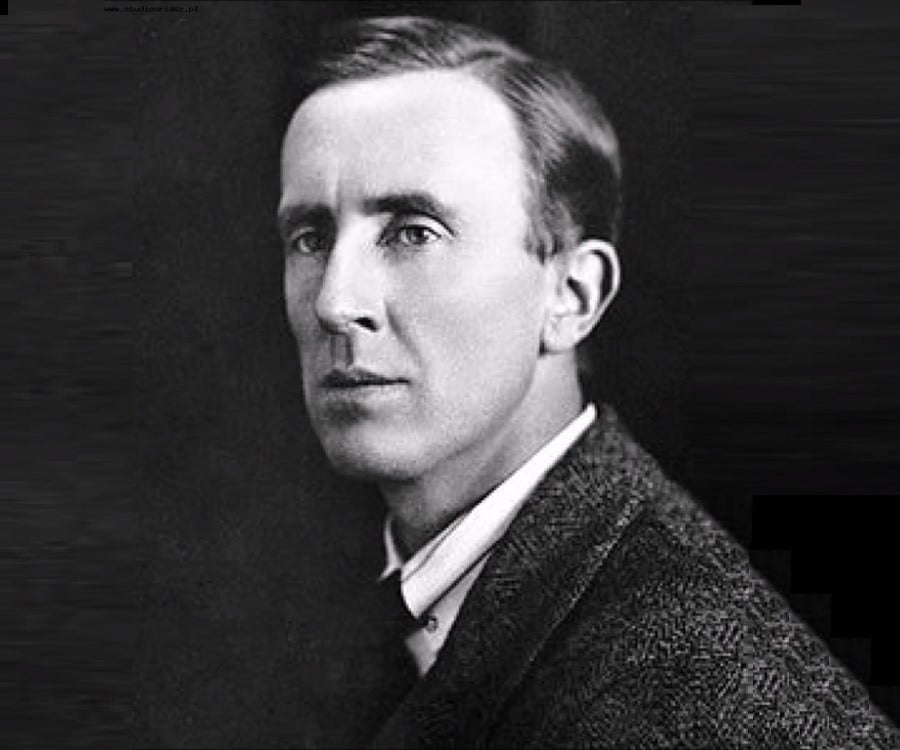The death of J.R.R. Tolkien remains a pivotal moment in literary history, marking the end of an era for fans of fantasy literature worldwide. His contributions to literature, particularly through his works "The Hobbit" and "The Lord of the Rings," have left an indelible mark on the literary landscape. The legacy of Tolkien continues to inspire generations of readers and writers alike. In this article, we will delve into the details of his life, his death, and the enduring impact of his work.
Beyond the enchanting worlds he created, J.R.R. Tolkien was a scholar, linguist, and visionary who redefined the fantasy genre. His untimely passing brought an end to his creative journey but did not diminish his influence. The depth of his storytelling and the richness of Middle-earth continue to captivate audiences globally.
Understanding the life and death of J.R.R. Tolkien provides a window into the mind of a genius who bridged the realms of academia and fiction. His death was not merely the end of a life but the beginning of a legacy that continues to thrive in the hearts of millions. Let us explore the intricate details of his life, death, and enduring contributions to the world of literature.
Read also:Vegamoviesms Anime Your Ultimate Destination For Highquality Anime Streaming
Table of Contents
Cause of J.R.R. Tolkien's Death
The Legacy of J.R.R. Tolkien After His Death
Influence on Modern Fantasy Literature
The Role of Fandom in Preserving Tolkien's Legacy
Read also:How Old Is Maddox Batson Now In 2024
Tolkien's Academic Contributions Beyond Literature
Historical Context of Tolkien's Death
Funeral and Memorials Honoring J.R.R. Tolkien
Conclusion: Celebrating the Life and Death of J.R.R. Tolkien
Biography of J.R.R. Tolkien
John Ronald Reuel Tolkien, better known as J.R.R. Tolkien, was born on January 3, 1892, in Bloemfontein, South Africa. He spent much of his early life in England, where he developed a profound love for language, literature, and mythology. Tolkien's education at Exeter College, Oxford, nurtured his skills as a philologist and laid the foundation for his later literary achievements.
Early Life and Education
Tolkien's early life was marked by significant personal and academic milestones. He lost both his parents at a young age, which shaped his worldview and fueled his passion for storytelling. His education at King Edward's School in Birmingham and later at Oxford University provided him with the tools to explore the intricacies of language and literature.
During his time at Oxford, Tolkien excelled in philology, the study of language in historical texts. This academic focus would later influence his creation of the Elvish languages in his fictional works. His academic prowess and deep understanding of ancient languages set the stage for his literary masterpieces.
Personal Data and Information
Below is a table summarizing the key personal data of J.R.R. Tolkien:
| Full Name | John Ronald Reuel Tolkien |
|---|---|
| Date of Birth | January 3, 1892 |
| Place of Birth | Bloemfontein, South Africa |
| Date of Death | September 2, 1973 |
| Place of Death | Bournemouth, England |
| Spouse | Edith Bratt |
Cause of J.R.R. Tolkien's Death
Tolkien passed away on September 2, 1973, in Bournemouth, England, at the age of 81. The official cause of his death was listed as a combination of chest infection and bleeding ulcer. These health issues had plagued him in his later years, gradually weakening his physical condition.
Health Challenges in Later Years
In the years leading up to his death, Tolkien faced several health challenges that affected his quality of life. Despite his declining health, he continued to work on his unfinished manuscripts, including "The Silmarillion." His dedication to his craft, even in the face of adversity, highlights his passion for storytelling and world-building.
The Legacy of J.R.R. Tolkien After His Death
After his death, Tolkien's legacy continued to grow, reaching new heights with the posthumous publication of "The Silmarillion" in 1977. Edited by his son, Christopher Tolkien, the book provided readers with a deeper understanding of the mythological universe he had created.
Posthumous Publications
In addition to "The Silmarillion," several other works were published after Tolkien's death, including "Unfinished Tales" and "The History of Middle-earth" series. These publications expanded the Tolkien universe, offering fans a more comprehensive view of Middle-earth and its inhabitants.
Influence on Modern Fantasy Literature
Tolkien's influence on modern fantasy literature cannot be overstated. His works laid the foundation for the genre, establishing tropes and themes that continue to inspire writers today. The intricate world-building, rich character development, and deep mythological roots of his stories have set a benchmark for fantasy literature.
Key Themes in Tolkien's Works
- The struggle between good and evil
- The importance of friendship and fellowship
- The power of courage and resilience
- The impact of personal choices on the fate of the world
The Role of Fandom in Preserving Tolkien's Legacy
Fandom has played a crucial role in preserving and promoting Tolkien's legacy. Fans around the world have embraced his works, creating a vibrant community dedicated to exploring and celebrating the world of Middle-earth. Through fan fiction, art, and conventions, the spirit of Tolkien's creations continues to thrive.
Major Fan Events and Gatherings
Events such as the Tolkien Society gatherings and international conventions dedicated to his works bring fans together, fostering a sense of community and shared passion. These events serve as a testament to the enduring appeal of Tolkien's stories and their ability to unite people from diverse backgrounds.
Tolkien's Academic Contributions Beyond Literature
Beyond his literary achievements, Tolkien made significant contributions to the field of philology and linguistics. His scholarly work on ancient languages and texts has left a lasting impact on the academic community. His expertise in this area informed his fictional creations, adding layers of authenticity and depth to his world-building.
Key Academic Works
- "Beowulf: The Monsters and the Critics"
- "Sir Gawain and the Green Knight"
- "The Legend of Sigurd and Gudrún"
Historical Context of Tolkien's Death
Tolkien's death occurred during a period of significant cultural and social change in the 1970s. The world was evolving rapidly, with new technologies and ideas reshaping the global landscape. Despite these changes, Tolkien's works remained timeless, offering readers a refuge from the complexities of modern life.
Impact of the 1970s on Tolkien's Legacy
The 1970s saw a surge in interest in fantasy literature, partly fueled by the counterculture movement and its embrace of alternative realities. Tolkien's works resonated with readers seeking meaning and purpose in a rapidly changing world, ensuring the continued relevance of his stories.
Funeral and Memorials Honoring J.R.R. Tolkien
Tolkien's funeral was a private affair, attended by close family and friends. In the years following his death, several memorials have been established to honor his memory and contributions to literature. These include plaques, statues, and gardens dedicated to his life and work.
Notable Memorials
- Tolkien's grave at Wolvercote Cemetery in Oxford
- Tolkien Way in Headington, Oxford
- Tolkien Festival in Birmingham
Conclusion: Celebrating the Life and Death of J.R.R. Tolkien
In conclusion, the life and death of J.R.R. Tolkien represent a remarkable journey through the realms of literature, academia, and fantasy. His contributions to the world of storytelling continue to inspire and captivate audiences worldwide. By exploring the details of his life, death, and legacy, we gain a deeper appreciation for the man behind the myths.
We invite you to share your thoughts and reflections on Tolkien's life and works in the comments section below. Your insights and experiences enrich our understanding of this legendary figure. Additionally, we encourage you to explore other articles on our site that delve into the world of fantasy literature and its enduring appeal.
References:
- Biography.com Editors. (2021). J.R.R. Tolkien. Biography.com. Retrieved from https://www.biography.com/writer/j-r-r-tolkien
- Garth, J. (2003). Tolkien and the Great War: The Threshold of Middle-earth. Houghton Mifflin.
- Shippey, T.A. (2000). J.R.R. Tolkien: Author of the Century. HarperCollins.


